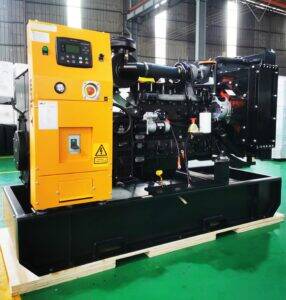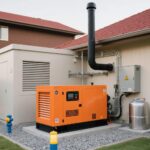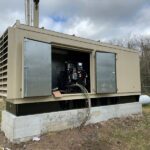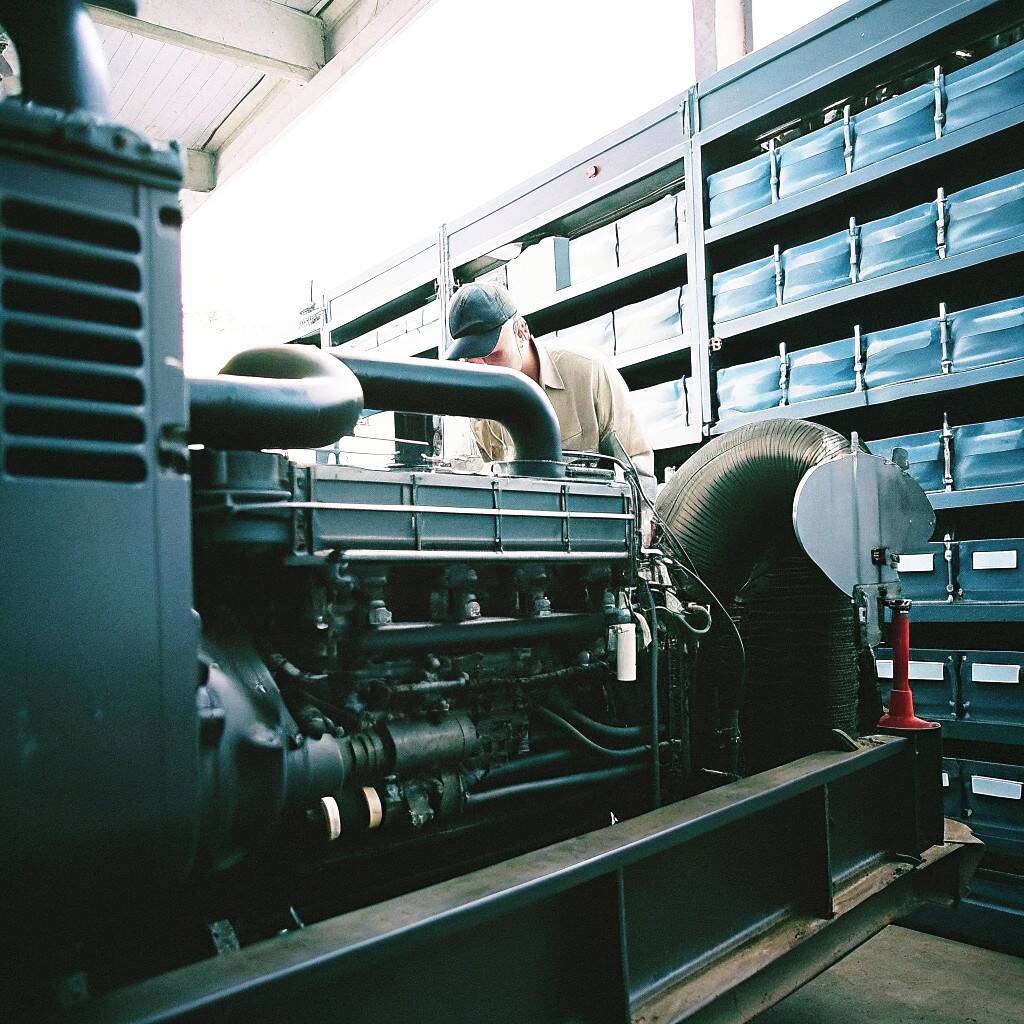
Many people assume that simply owning a diesel generator is enough to ensure reliable power when needed. However, regular maintenance and proper use of the generator are key to keeping it in top condition.
The answer to how often you should start your backup diesel generator depends on several factors such as the model, usage conditions, and how long it's been idle. Regularly starting it ensures that the engine runs smoothly and all components are in working order when you really need them.
Maintaining your backup generator is crucial for ensuring that it performs well during an emergency. Let's explore the best practices for running and maintaining your diesel generator when not in use.
How long can I run a diesel generator without stopping?
Running a diesel generator without stopping is possible, but how long you can run it depends on several factors. In general, most modern diesel generators are designed to run for long periods, sometimes even up to 24 hours or more. However, there are limits you need to consider.
For standard usage, you can run a diesel generator for about 12-24 hours depending on the fuel capacity and load. It's essential to periodically check oil levels, coolant, and filters to ensure the generator operates safely.
If you're using the generator at full load, it may require more frequent checks. Continuous running without any breaks may lead to overheating, increased wear, and fuel consumption.
Factors Affecting Diesel Generator Runtime:
- Load Capacity: Running at full load will consume more fuel and increase wear on the generator.
- Fuel Tank Size: Larger tanks allow for longer operation before needing to refuel.
- Cooling System: Generators with better cooling systems can run longer without overheating.
- Oil and Filters: Regular maintenance, including oil changes and replacing filters, ensures smooth operation for longer periods.
It’s advisable to monitor your generator while it’s running and shut it down if necessary to prevent overuse and damage. A well-maintained backup generator should always be ready for emergencies without compromising its lifespan.
How long can a generator sit unused?
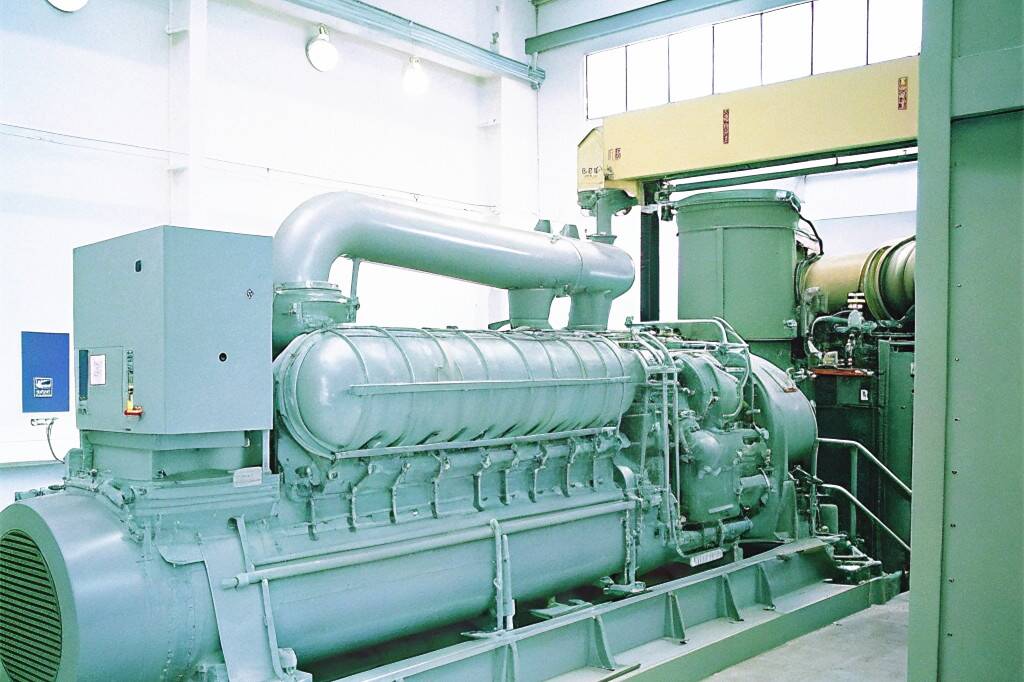
A diesel generator can sit unused for an extended period, but it’s not ideal for the engine. Over time, if a generator sits idle without maintenance or operation, the fuel can degrade, and internal parts can seize up.
Generally, it’s recommended to run your diesel generator every 30 to 60 days to keep the engine and components in good working condition. This helps to prevent issues such as gummed-up fuel lines, rusting parts, or a dead battery.
Even if you aren’t using the generator frequently, periodic checks and runs can keep things in shape.
Tips for Storing Your Generator:
- Fuel Stabilizer: If the generator will be idle for an extended period, use a fuel stabilizer to prevent the fuel from going bad.
- Battery Maintenance: Disconnect the battery or use a battery tender to prevent it from discharging completely.
- Cover the Generator: If it’s stored outdoors, use a protective cover to shield it from dust, debris, and weather damage.
- Drain the Fuel: If storing for a very long time, it’s a good idea to drain the fuel tank to avoid degradation.
A generator that sits unused for too long may experience startup issues when you need it most. Regular maintenance ensures it's ready to go at any time.
How often should you run your generator when not in use?
Even if you’re not using your generator regularly, it’s essential to run it occasionally to keep the engine and parts lubricated and functioning well.
Running your diesel generator every 30 to 60 days for 15 to 30 minutes is usually enough to maintain the engine. This helps prevent internal corrosion, fuel degradation, and battery issues.
Regularly starting the generator ensures that it remains in good health and can handle any sudden demand for power. It’s not just about letting it run; you should also check vital components like the battery, fuel levels, and oil during each start-up.
Why Regular Running Matters:
- Prevents Seizing: Running the engine ensures moving parts are properly lubricated, reducing the risk of seizing.
- Fuel System Health: Circulating fuel through the system prevents clogs and degradation.
- Battery Maintenance: Running the generator allows the battery to recharge and ensures it doesn’t die from disuse.
If you don’t plan to use your generator often, keeping it in good shape by running it every couple of months is the best way to avoid issues when it’s needed.
Is it okay to run a generator all night?
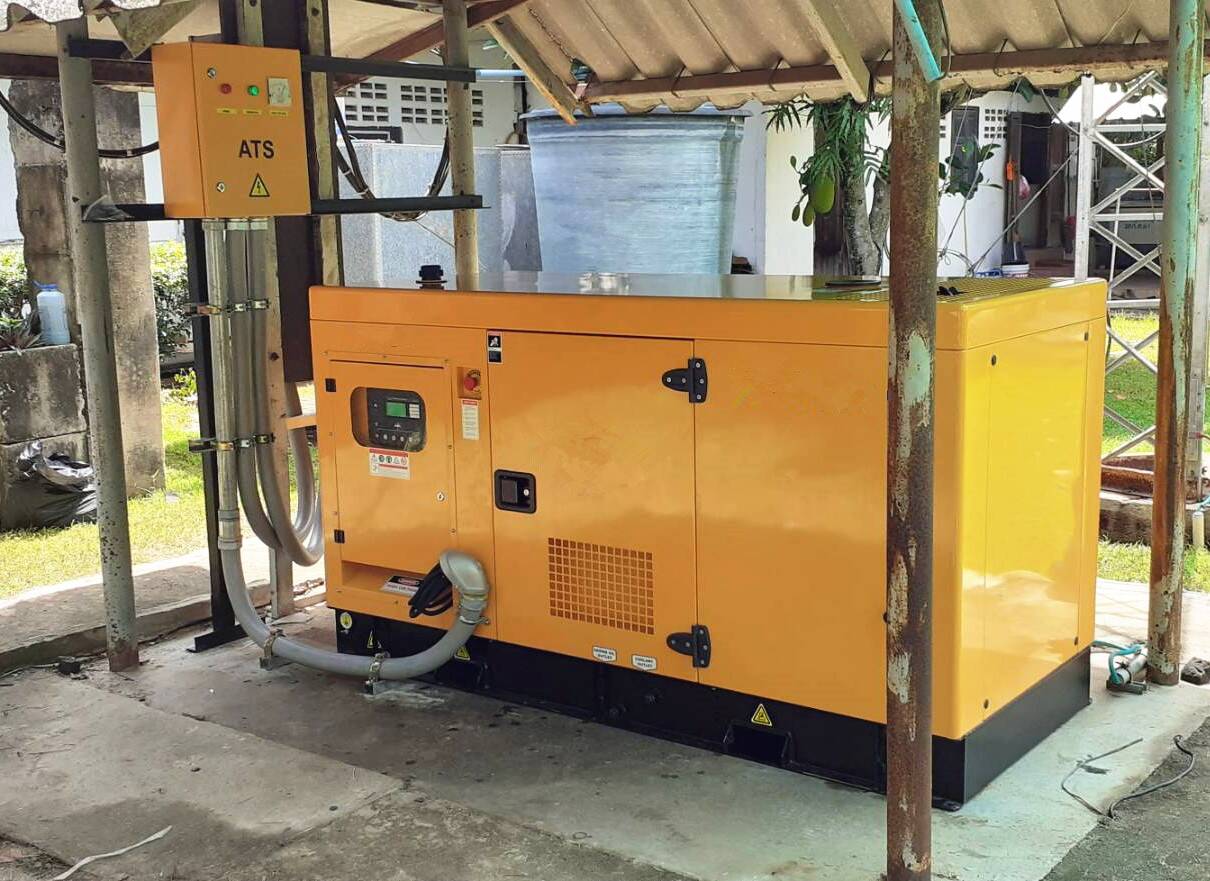
Running a generator all night is generally fine, but several considerations should be taken into account, especially if you are using it for an extended period.
It’s safe to run a diesel generator overnight as long as it is properly maintained, not overloaded, and monitored for overheating. However, continuous operation without breaks can wear down components faster. For long-term use, make sure the generator has sufficient fuel, proper ventilation, and is not exposed to extreme weather conditions.
Considerations for Overnight Generator Use:
- Fuel Consumption: Ensure there is enough fuel for the entire night, or you’ll risk running out and losing power.
- Ventilation: Diesel generators should be run in well-ventilated areas to avoid carbon monoxide buildup.
- Maintenance: Before running the generator overnight, ensure all components are in good working order, such as oil, coolant, and fuel levels.
Some generators are designed to handle continuous use, while others may overheat or require more frequent maintenance when used for extended periods. Always refer to your generator's user manual for manufacturer recommendations on runtime.
Conclusion
Regularly starting your backup diesel generator and following proper maintenance practices ensures that it will be ready to perform when you need it most. Keeping your generator in good working condition through occasional runs and routine checks helps prolong its lifespan and reliability.

